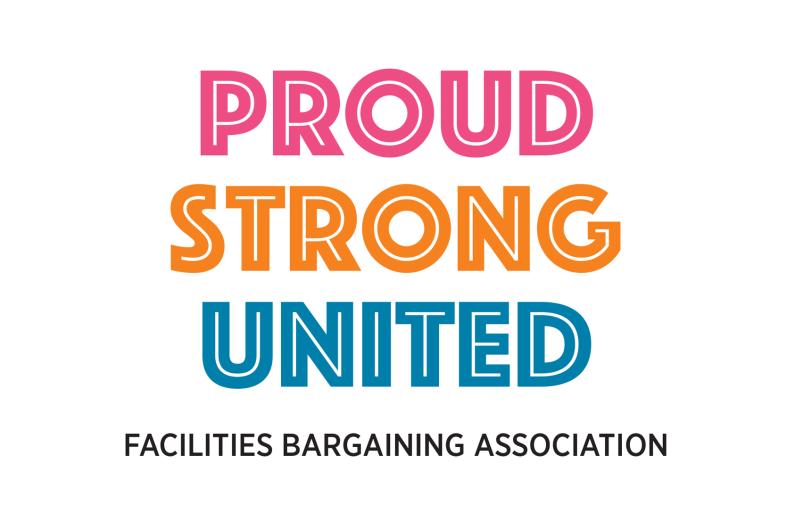Negotiations for the next Facilities subsector collective agreement resumed on April 7 between your Facilities Bargaining Association (FBA) bargaining committee and the Health Employers Association of BC (HEABC).
Over the two days of talks with the HEABC, your committee made proposals on several monetary provisions, such as improved compensation for leaves, and new compensation measures for call back and trainer mentor positions.
“The monetary proposals we tabled this week and that your committee continues to develop are focused on the number one concern FBA members identified leading up to bargaining – the need to address the economic uncertainties members experience daily,” says FBA lead negotiator and HEU secretary-business manager Lynn Bueckert.
Your bargaining committee also met with labour-market expert John Malcolmson who is assisting the FBA with developing compensation proposals. In his presentation, Malcolmson outlined the historical use of cost-of-living adjustments (COLA) clauses in collective agreements going back to the 1970s. The COLA clauses of 50 years ago disappeared once Canada's inflation rate came down in the late 1980s, only to return in 2021 when inflation ramped up following the COVID-19 pandemic’s disruption of the global economy.
“As Malcolmson pointed out, in our last collective agreement, we successfully secured solid general wage increases each year, along with COLA adjustments in years two and three to ensure FBA members’ earning power was maintained throughout the life of the collective agreement,” says Bueckert. “This time, your committee is exploring new options that will future-proof members’ pay cheques from inflationary spikes, given the turbulence in the global economy that we see almost daily.”
On April 11, Bueckert also presented to the Public Sector Employers Council about the challenges health care workers were facing at home and in their work. PSEC, which includes B.C.’s finance minister Brenda Bailey, along with several other cabinet ministers, sets the parameters for public sector employers, like HEABC, when bargaining collective agreements with their unions.
“The FBA was invited by the finance minister to speak about how B.C.’s growing and aging population, the fallout from Trump’s tariffs, and current government’s actions on improving health care are showing up on health care’s front lines,” says Bueckert. “I told the assembled B.C. ministers about the challenges FBA members were facing at home, with rising housing, grocery, transportation and childcare costs.
“I also outlined how in B.C.’s hospitals and long-term care homes FBA members face daily staffing shortages and crushing workloads that mean a loss of 476,000 days of work time annually due to injuries,” says Bueckert. “Despite improvements in health care over the last several years, more needs to be done to improve working and caring conditions.”
The committee will be back at the table with the employer on April 23.
